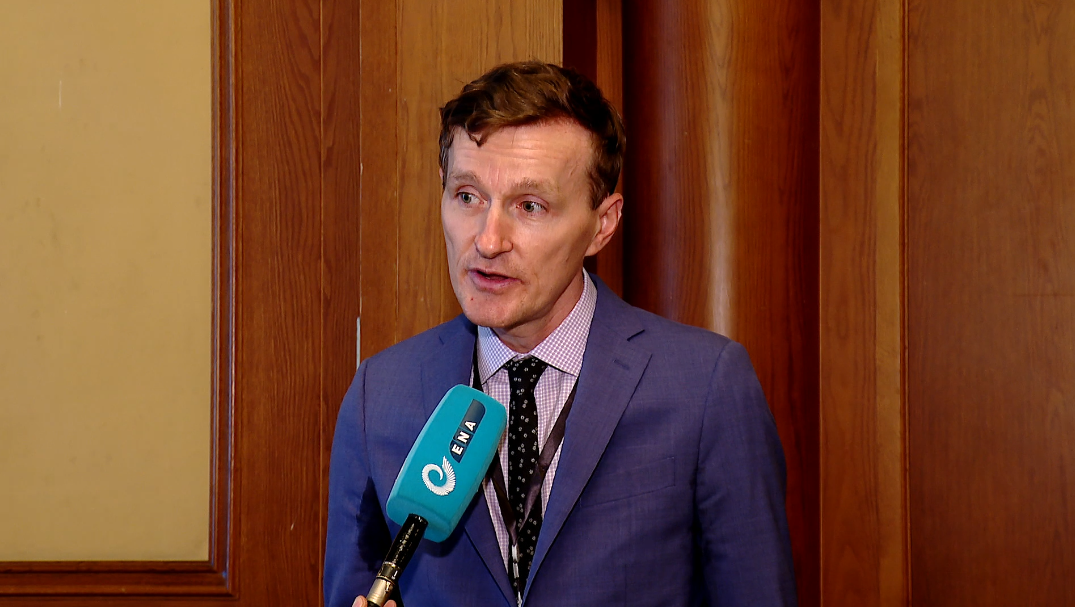Addis Ababa(WNAM Monitoring): The World Bank (WB) will continue supporting the National Financial Inclusion Strategy of Ethiopia, which is critical for the growth and prosperity of the country, Bank Senior Economist Michael O’Sullivan said.
The National Financial Inclusion Strategy 2021-2025 was revised in close collaboration with stakeholders across the public and private sectors in an effort to define a coordinated plan to transform financial inclusion for millions of Ethiopians.
In an exclusive interview with ENA, Senior Economist and Head of Africa Gender Innovation Lab at the World Bank, Michael O’Sullivan, said there is really an important momentum around financial inclusion in Ethiopia.
Over the last several years, the World Bank’s data show a growing financial inclusion in Ethiopia.
The World Bank has been working with the National Bank of Ethiopia team and other pertinent actors to help accelerate this process, it was learned.
Commending the recently launched Network of Ethiopia’s Women in Finance (NEWFin) initiative as a great effort to try to bring together a network of women leaders, he said these types of approach are bringing more women leaders in the financial sector.
“We are happy to partner with the National Bank of Ethiopia, and we are also working closely with the Government of Ethiopia in women entrepreneurship projects in the country,” the senior economist added.
According to him, the National Financial Inclusion Strategy of Ethiopia is going to be critical in terms of bringing more women into the financial space and to the market economy to help contribute to more growth.
So the government leadership on this agenda is very important, and it is also important for the share of growth and prosperity of the country, O’Sullivan said.
Regarding the financial sector reform of the nation, he stated that this is the area that the World Bank is keen to support.
“We have seen more entrants into the market, especially in digital financial services, and this is an area where the World Bank is keen and collaborates with the Government of Ethiopia.”
National Bank of Ethiopia Governor Mamo Mihretu has recently noted that the launch and implementation of Ethiopia’s first financial inclusion strategy marked a historic milestone as the second strategy also noted the wider gap between men and women financial inclusion.
Financial inclusion is an essential prerequisite for sustainable development, inclusive growth, and a fundamental enabler for the stability of the financial system, job growth, digital transformation, and continued economic development.


